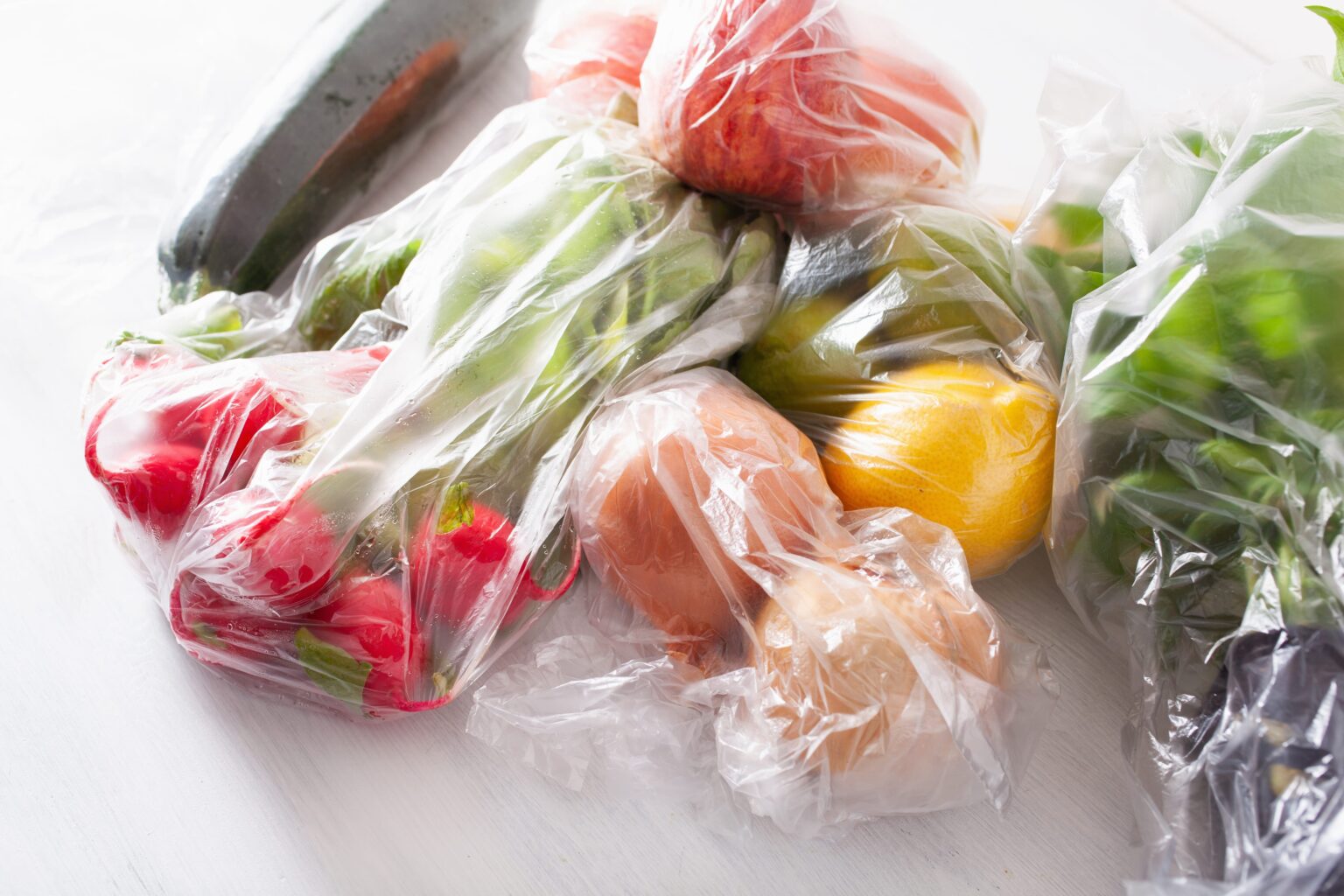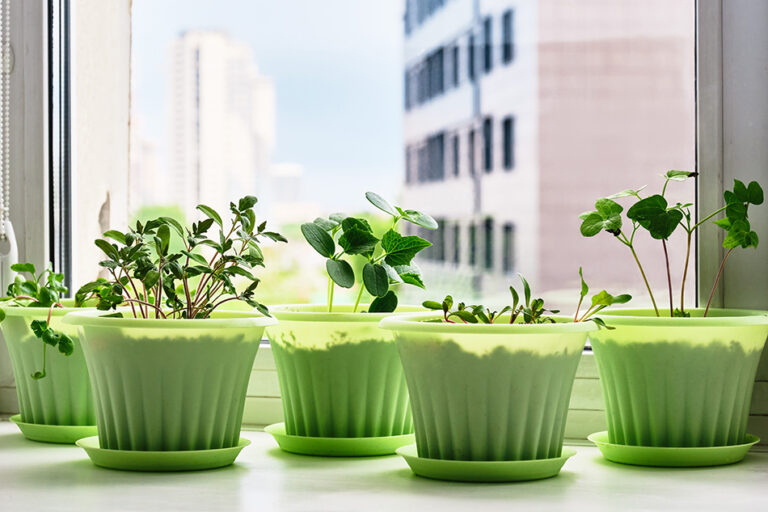Many households across America are on the hunt for ways to do their part for the environment. If you want to “go greener” and become more eco-friendly, you might be surprised to learn how simple changes can have a profound effect on the environment around you. Here are 8 small ways in which you can be more eco-friendly starting tomorrow.
#1 – Turn Off & Unplug Appliances at Night
If you leave your computers on overnight, or if you are using appliances that continue to utilize power even when they aren’t formally in use, it’s worth turning them off and unplugging them completely. Even though you aren’t using your computer – or your microwave or coffee maker, for that matter – they do continue to draw a small amount of power. No one appliance utilizes a significant amount of power when it’s not in use, but when you add them all up, and then add the neighborhood, the state, and the country, that’s a lot of extra (and unnecessary) energy going to waste.
#2 – Use More Natural Light
Another excellent way to be more eco-friendly involves making use of all the natural light you can so that you don’t need to turn the lights on as often. For example, moving your work desk so that it is under a window can eliminate your need for a lamp on most days – and natural light is better for your eyes, too.
#3 – Start Using Cold Water for Laundry (when Appropriate)
You might think that hot water gets your clothing cleaner, but for the most part that simply isn’t true. In fact, if you’re trying to remove stains, cold water is almost always the best option. Hot water can cause stains to become set-in, which means they may never come out. Believe it or not, the detergents used to wash clothes become less effective in water temperatures above 75 degrees. If you have a heavily-soiled load of wash, don’t reach for the hot water; use a longer wash time and an extra rinse cycle, instead.
#4 – Ban Bottled Water from Your Home
Bottled water is extremely convenient, and millions of Americans continue to buy their drinking water by the case. Manufacturers have done all they can to reduce the amount of plastic used in these bottles, but at the end of the day, every bottle of water you drink leaves behind a piece of plastic that will be around for thousands of years. Instead, invest in water filtration systems. A faucet-mounted filter or even a filter pitcher can provide water just as clean as the water in the bottle, and a whole-home filtration system can provide pure water from every faucet in your home.
#5 – Trade Disposables for Reusables
There are plenty of items in the average American household that are used once and then thrown away. Reducing the amount of waste we produce – or even the type of waste we produce – is key to becoming eco-friendly. Some options include:
- Purchasing detergents and soaps in refillable containers.
- Replacing single-use plastic straws with metal or glass ones.
- Switching your plastic toothbrush to one made from sustainable bamboo.
- Buying toilet tissue made from recycled and/or sustainable materials.
#6 – Plant a Tree in Your Yard
A single tree can make a huge impact on your everyday life in many ways. First, trees absorb carbon dioxide and use it to produce oxygen, which means they are natural air scrubbers. Second, as the tree matures, it will provide shade for your home, which can help to reduce your reliance on central air conditioning.
#7 – Choose Paperless Billing
If you are still receiving your utility bills, credit card bills, and bank statements in the mail, now is the time to switch to a paperless alternative. Bills create millions of pounds of paper waste in the United States every year, and you can do your part by choosing to view your bills online, instead. (Some companies will even give you a discount for opting into paperless billing!)
#8 – Shop Farmers’ Markets
Believe it or not, buying produce at your local chain grocer can have a significant impact on the environment, and here’s why: that produce is trucked in from across the country, which is a major contributor to air pollution and the consumption of fossil fuels. When communities choose to shop at farmers’ markets instead, they reduce the demand for trucked-in produce at the chain grocery stores, which can have a major impact on the environment.
As you can see, you don’t have to change your entire lifestyle overnight to be more eco-friendly tomorrow. In fact, it all starts with simple little changes. Purchasing some metal or glass straws rather than continuing to buy single-use disposables, choosing paperless billing for your utilities and credit cards, and even shopping at your local farmers’ market for your produce are all huge steps in the right direction.






